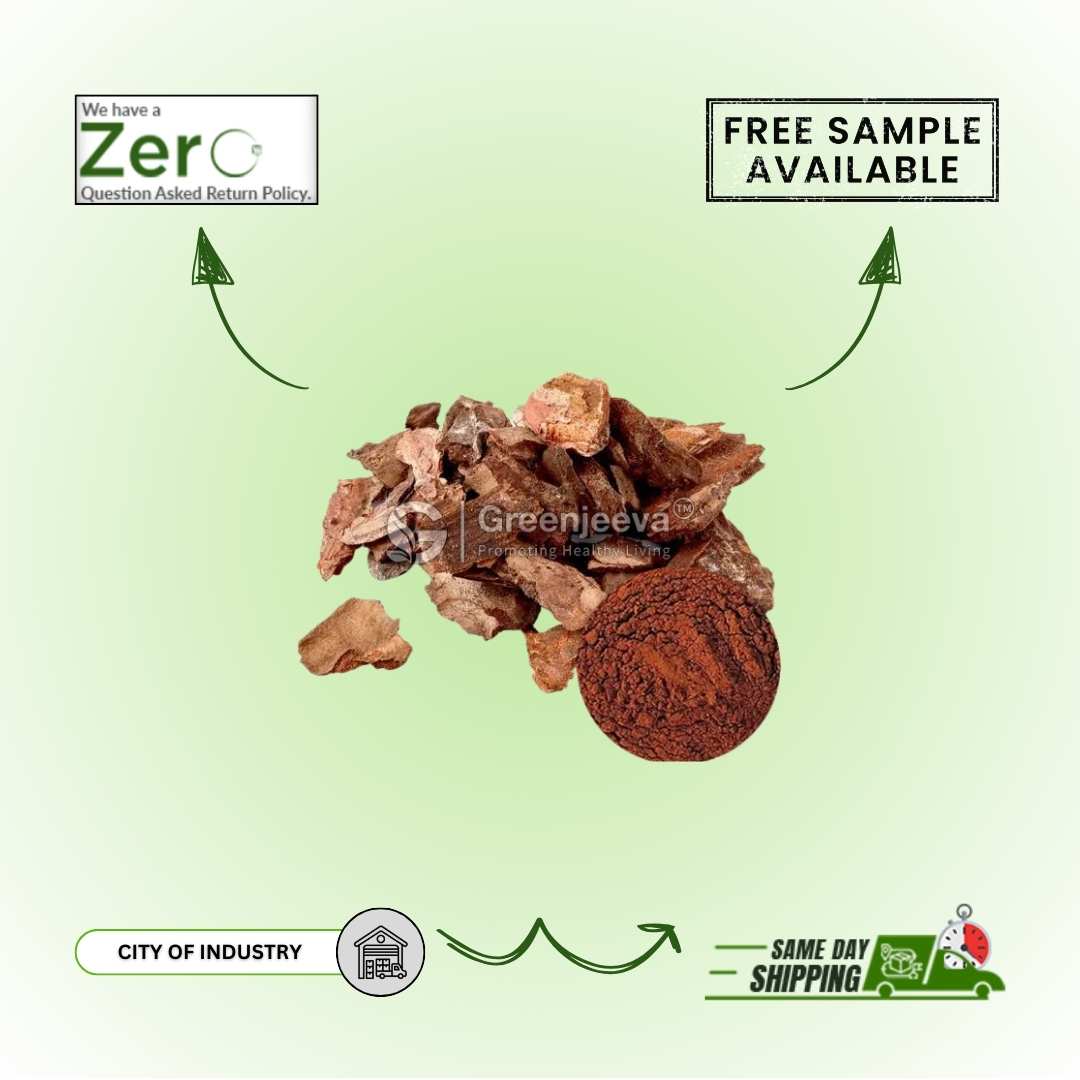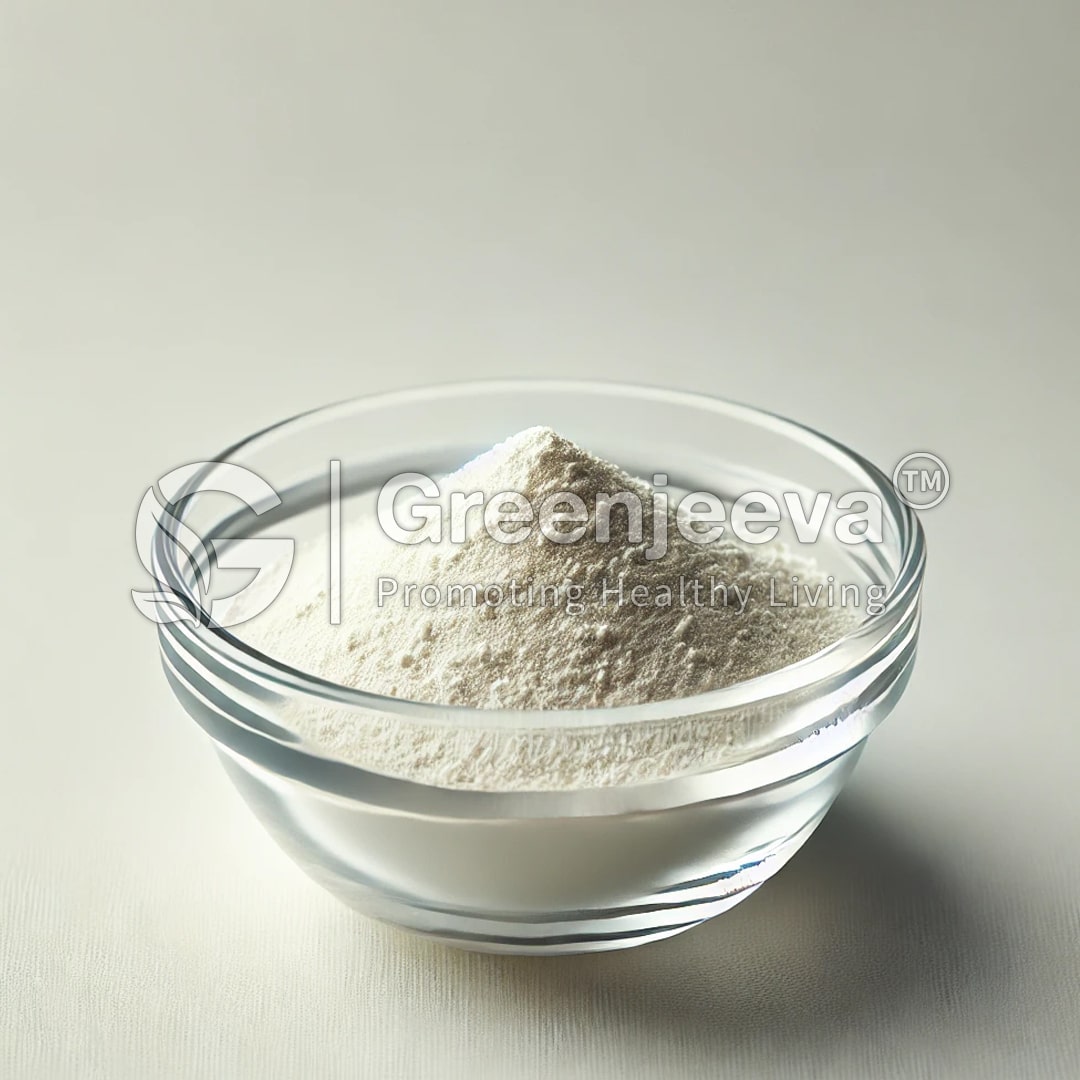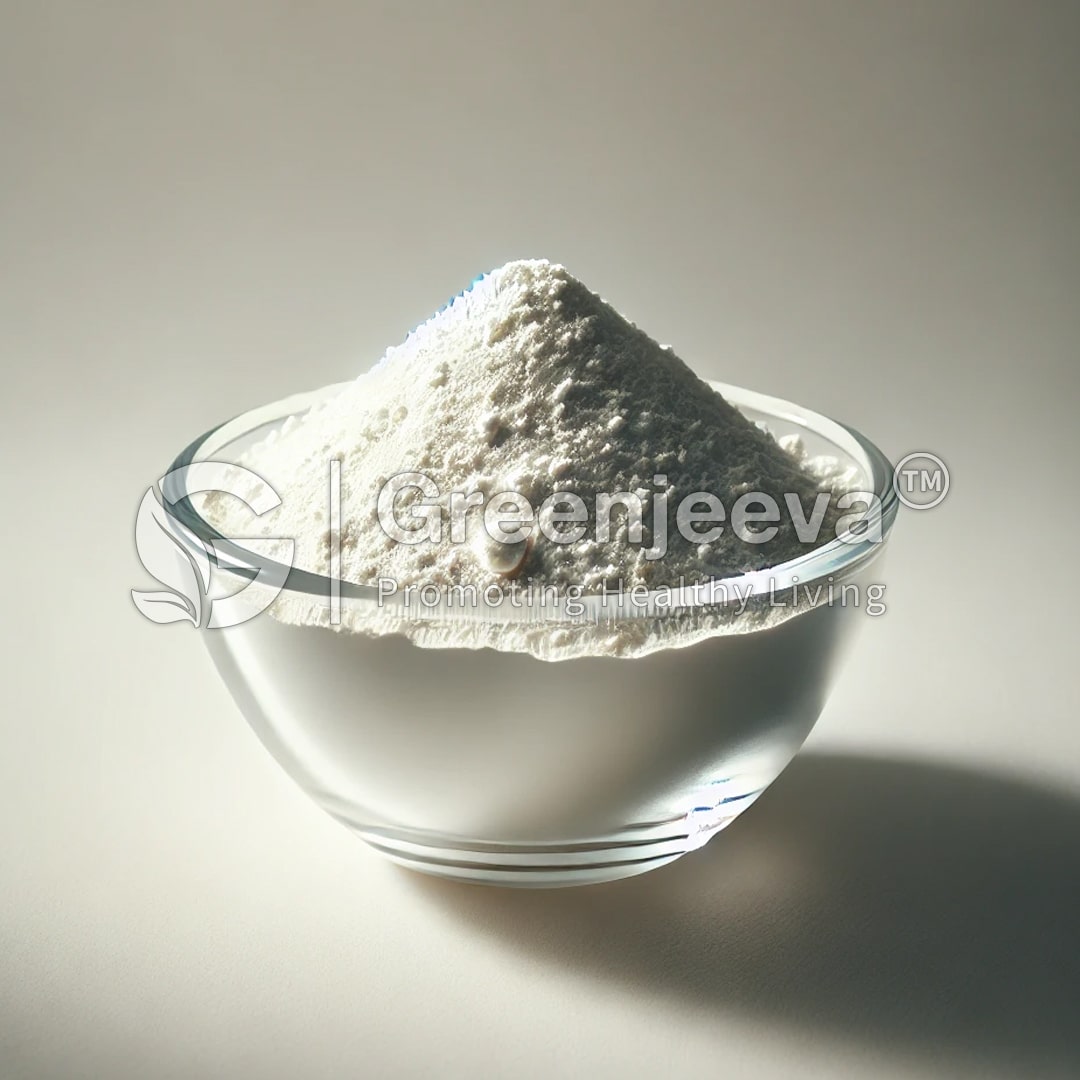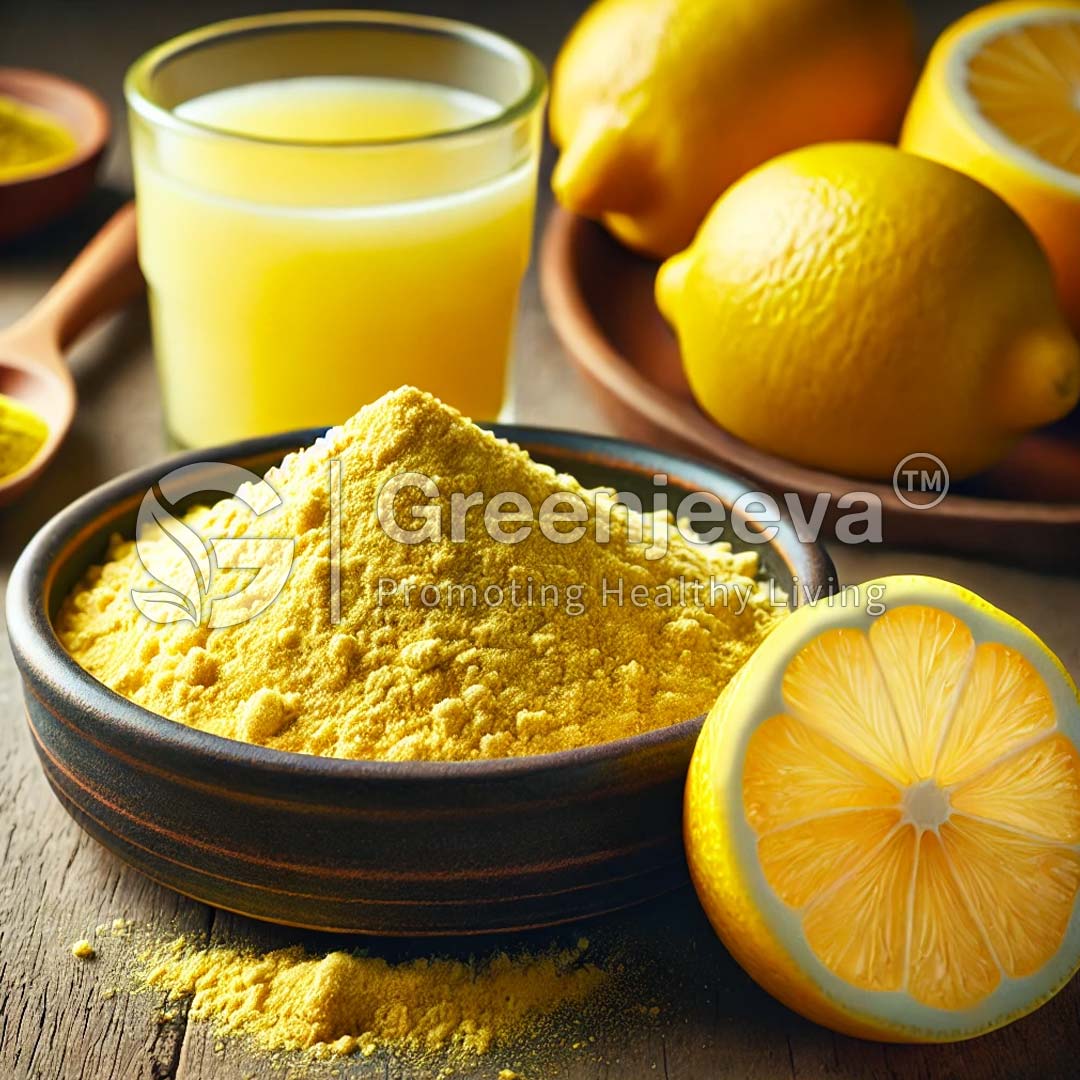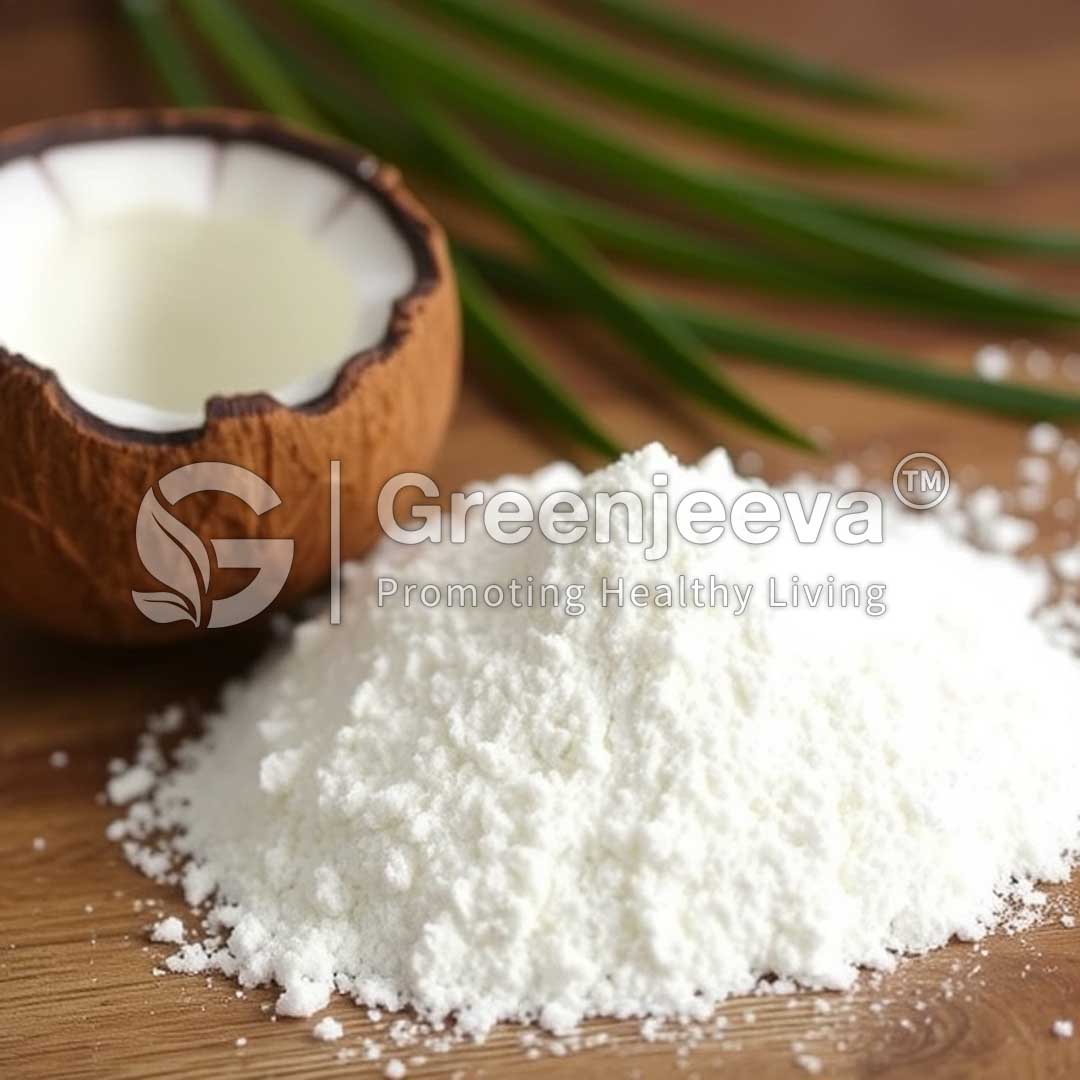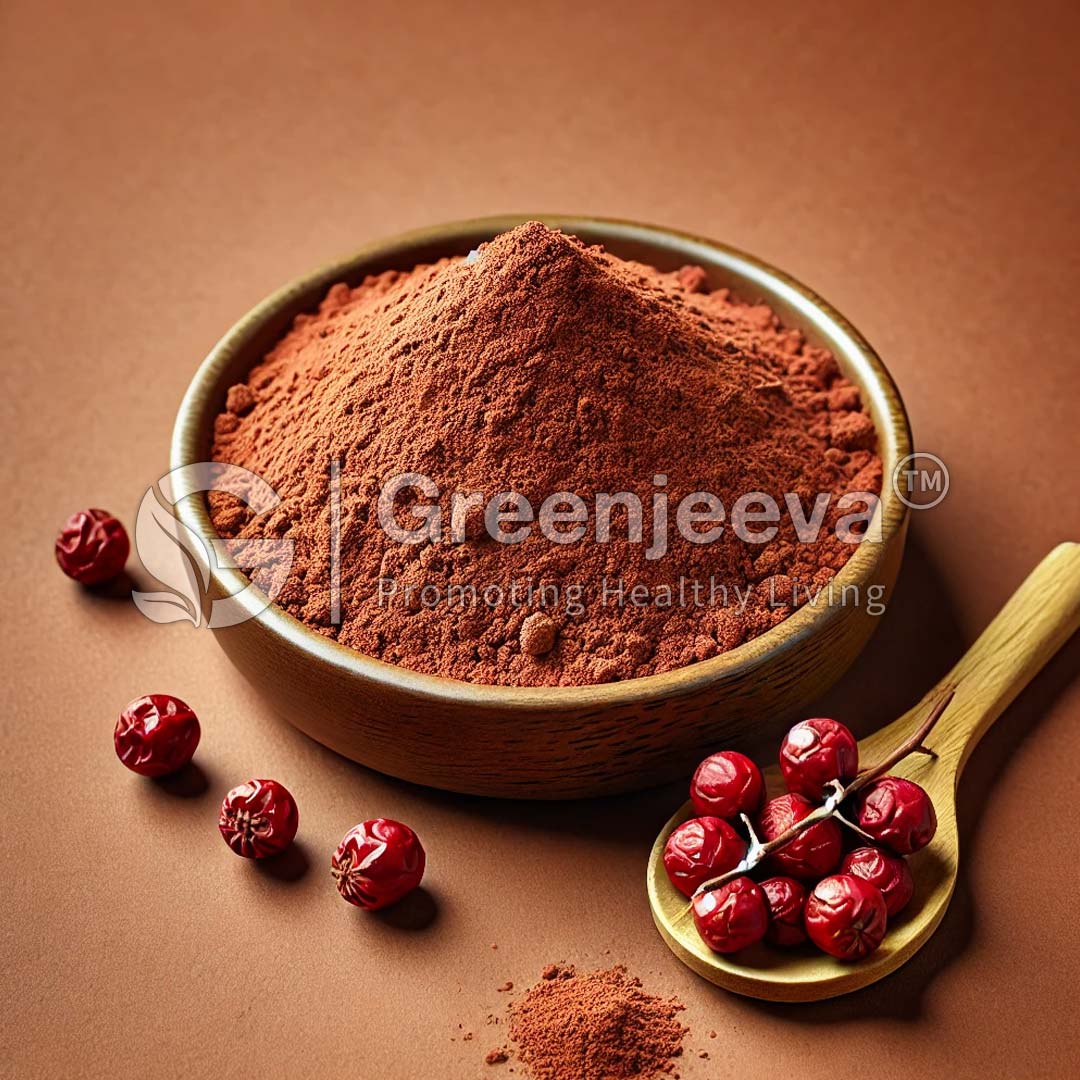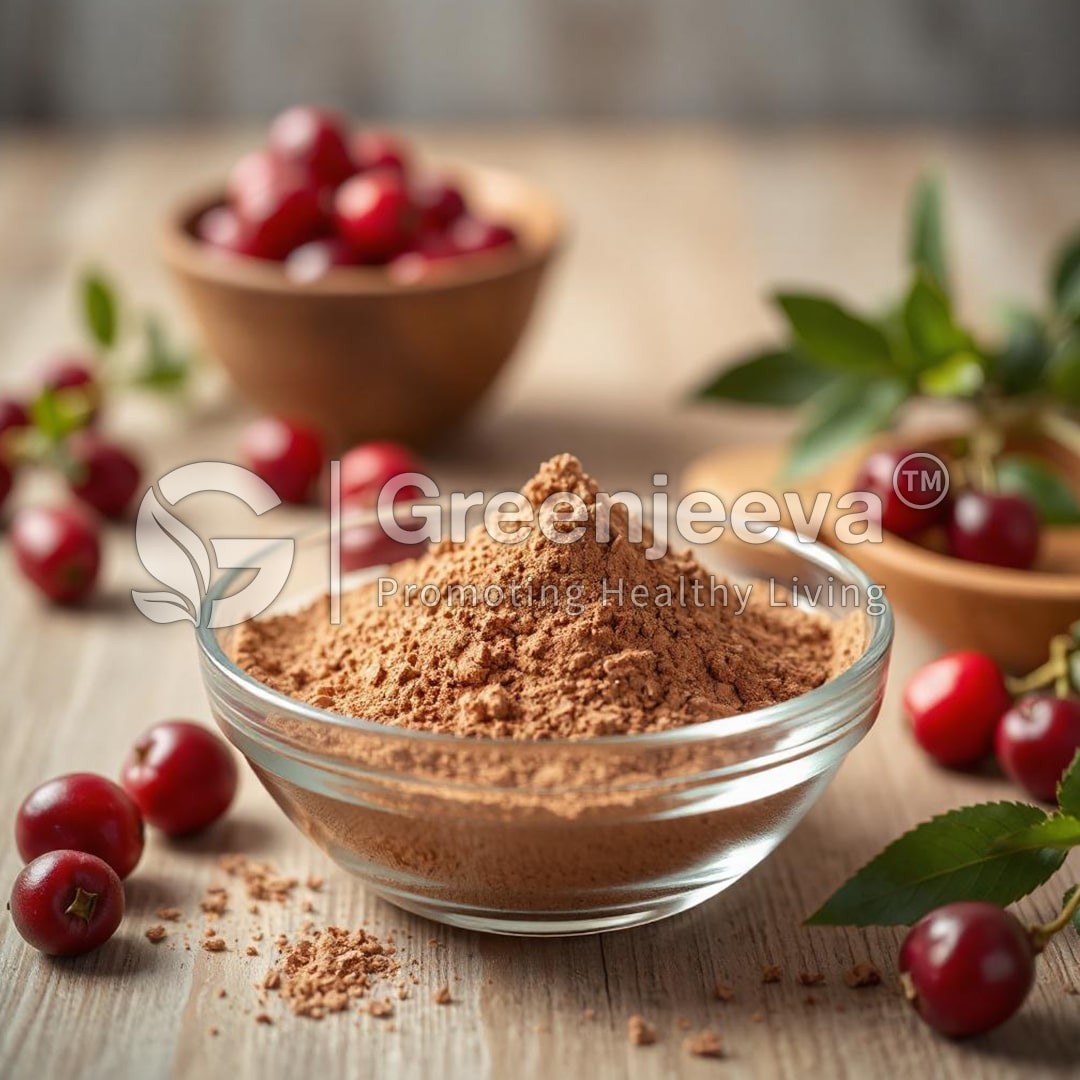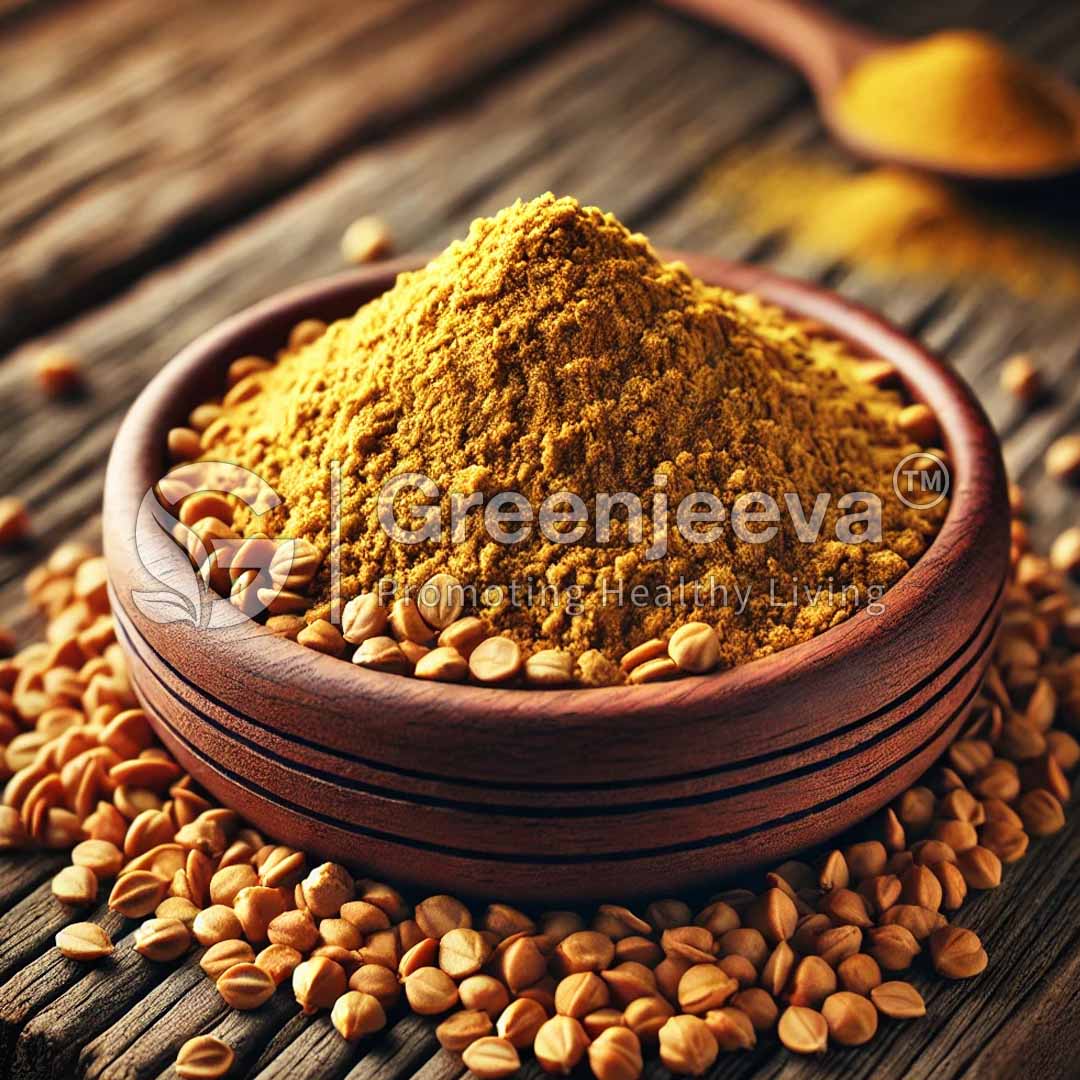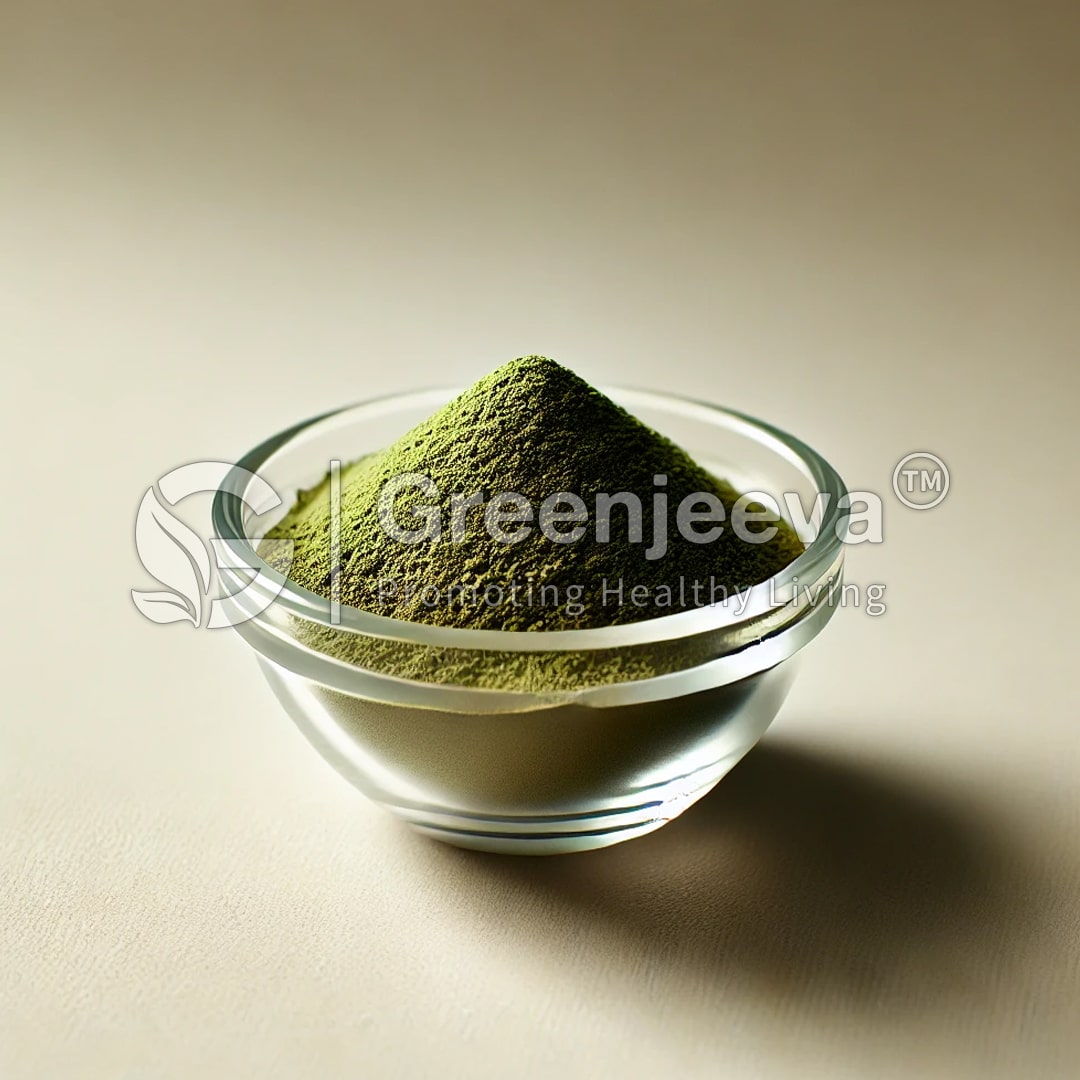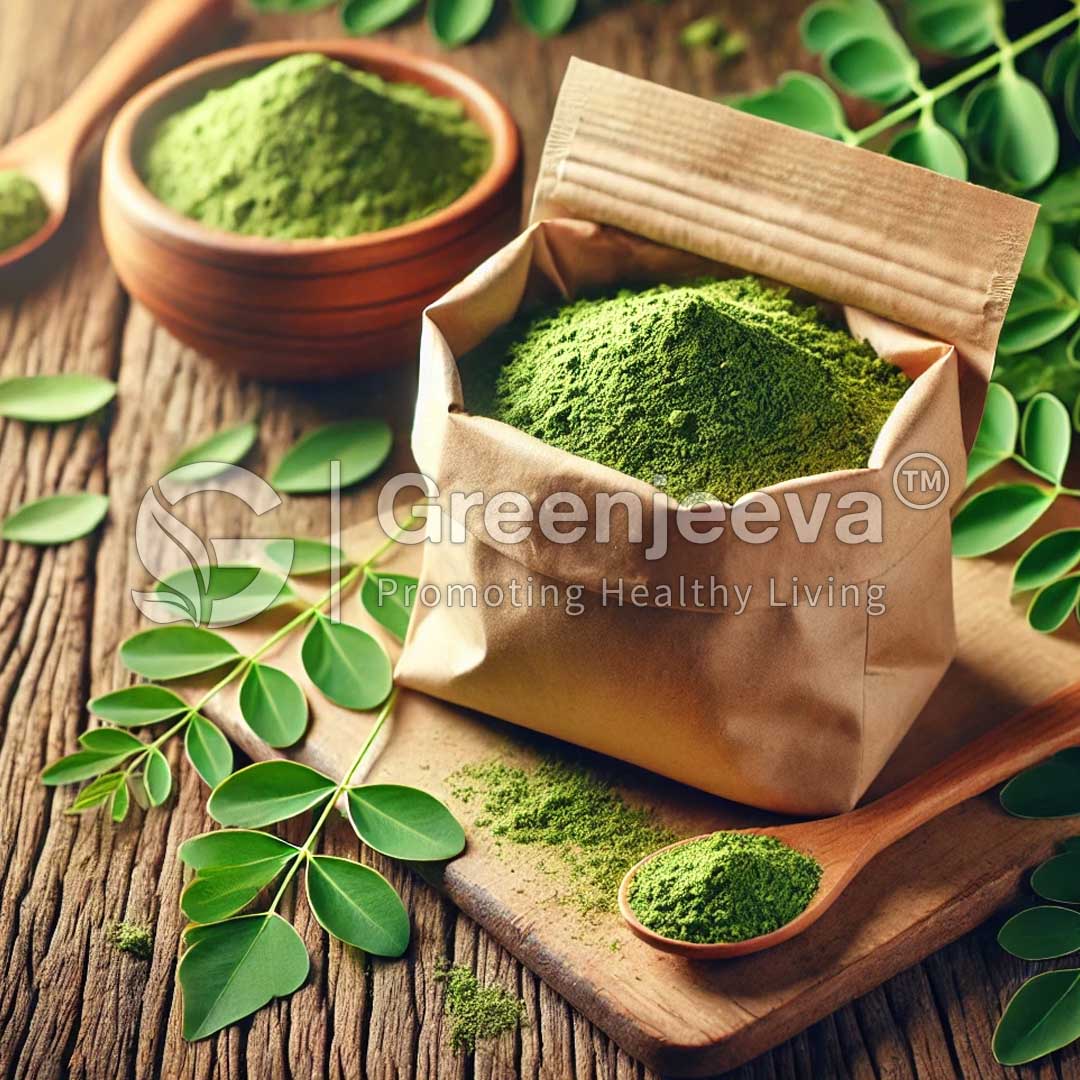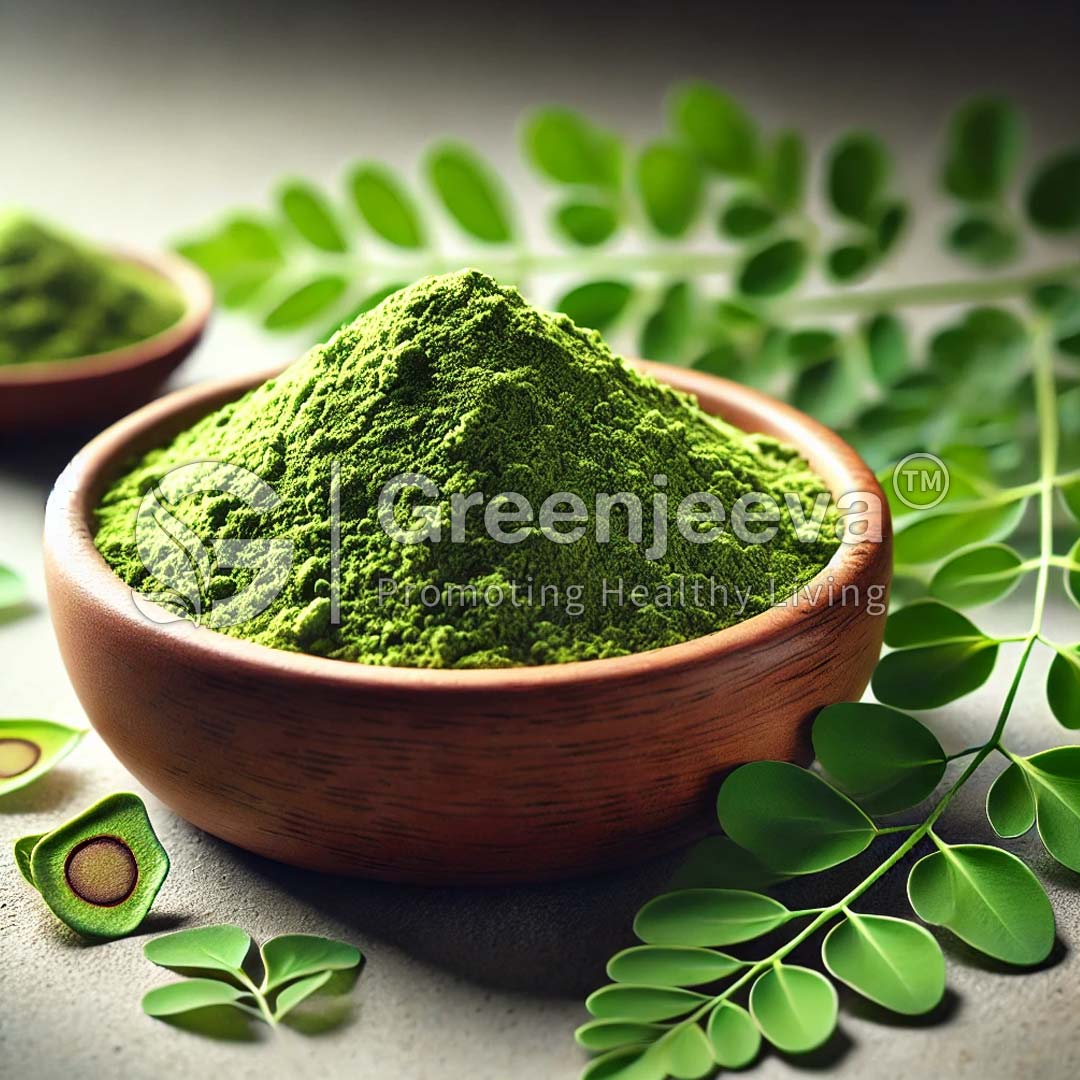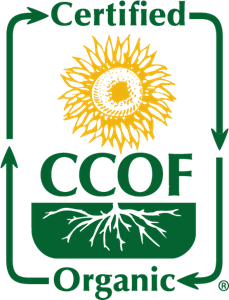Botanical Name: Pinus pinaster
Plant Part Used: Bark
Processing Method: Drying, Grinding
We work with trusted suppliers who source Pinus pinaster from certified organic forests. The bark is carefully harvested, cleaned, dried, and ground into a fine powder, preserving the natural bioactive compounds. This product is free from synthetic additives, preservatives, and chemicals, making it ideal for clean-label and organic formulations.
Organic Pine Bark Powder is derived from the bark of pine trees (Pinus species). It is a potent source of bioactive compounds such as proanthocyanidins, flavonoids, and antioxidants, making it a valuable ingredient in natural supplements and wellness products. Known for its potential to support health, it has a long history of use in traditional medicine.
Organic Pine Bark Powder is widely used in dietary supplements. It is also a popular ingredient in skincare formulations.
The powder is rich in proanthocyanidins, a type of polyphenol known for its strong antioxidant capabilities, as well as flavonoids and vitamin C.
The process involves sustainably harvesting organic pine bark, drying it to preserve its natural compounds, and grinding it into a fine powder. This method ensures the retention of its bioactive ingredients, making it suitable for a range of health and wellness applications.
Yes, Organic Pine Bark Powder is certified organic and non-GMO, ensuring it is produced without synthetic pesticides, herbicides, or genetically modified organisms.
Yes, its properties make it an excellent addition to skincare formulations. It is often used in creams, serums, and lotions to help improve skin elasticity, reduce signs of aging, and protect against environmental stressors.
The moisture content is typically maintained below 10%, which ensures product stability and longevity when stored correctly.
The ash content is generally less than 10%, ensuring a high level of purity and minimal inorganic residue.
It is a fine, reddish-brown powder with a slightly woody aroma. Its smooth texture allows for easy incorporation into supplements, teas, or topical formulations.
When stored in a cool, dry place, Organic Pine Bark Powder has a shelf life of up to 24 months, retaining its potency and freshness.
It is often added to capsules, teas, or tinctures. Pine Bark Powder is also used in formulations supporting health, bodily function, and skin vitality.
Yes, Organic Pine Bark Powder is naturally plant-based and gluten-free, making it ideal for vegan and gluten-free products.
To maintain its potency and prevent degradation, Organic Pine Bark Powder should be stored in airtight containers, away from moisture, light, and heat.
• Antioxidant Supplements
• Skin Health Products
• Cardiovascular Support Formulations
• Natural Wellness Products
Product Type: Raw Material
Product Category: Dietary Ingredients
Package Type: 25.00Kg




